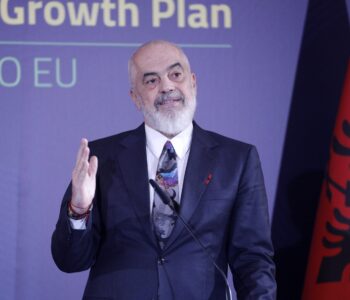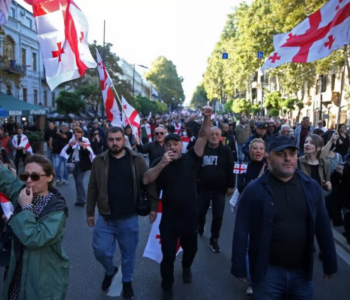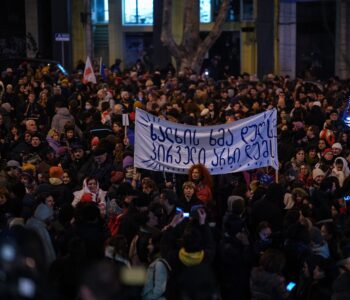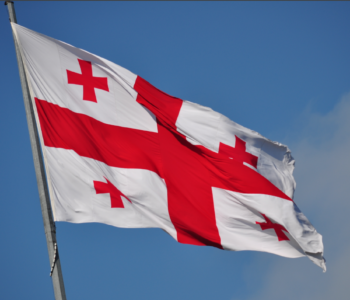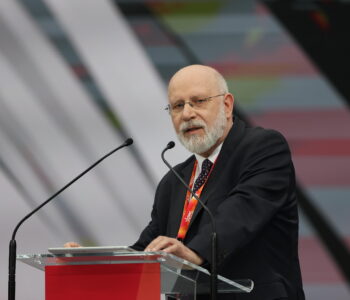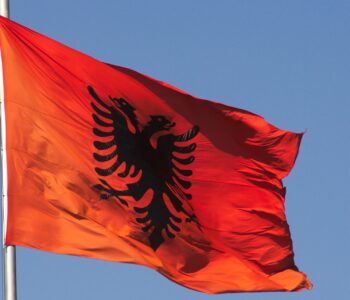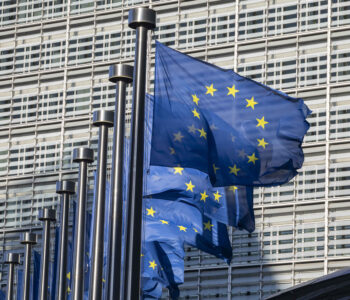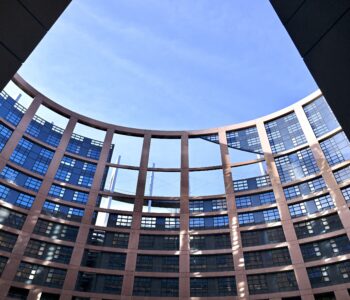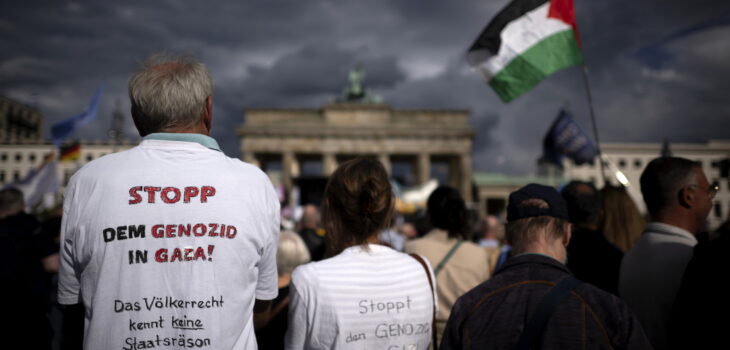
MFRR condemns police interference with journalistic work in Germany and calls for protection of all journalists
Since the beginning of September 2025, Mapping Media Freedom (MapMF) has registered two cases of unlawful police conduct against journalists at pro-Palestinian demonstrations. Ahead of demonstrations “All Together for Gaza”, announced for September 27, Media Freedom Rapid Response (MFRR) partners call on the police to respect the freedom of press.
26.09.2025
On 3 September, two journalists were intercepted by the police while covering a pro-Palestinian demonstration at Alexander Square in Berlin. Italian photojournalist Zaira Biagini was first approached by two police officers and then escorted away, with her press card visibly displayed at her hip. According to the journalist, police officers asked her to hand over photos she had taken during the demonstration for inspection, which she refused to do. In a statement to the nd-aktuell the police later said that they had asked this to ensure that no images of officers were included. After an identity check and legal instructions, she was released.
A similar situation occurred a few minutes later with journalist Ryad Aref. The journalist was approached by a police officer and, despite presenting his press card on police request, he was escorted away and surrounded by several police officers. In a statement to nd-aktuell the journalist reports that he was told by an officer: “You may film anywhere in Germany, just not in Berlin.” According to Aref, he was not given a reason at the time, only the information that he would receive notice by post. Nd-aktuell elaborates that this suggests that he may face charges. Berlin police told the daily that the incident involving Aref was “not known or made known” to them and that they could therefore not comment.
This behaviour amounts to interference in journalistic reporting, and restriction on the exercise of the journalistic profession. Both measures, restricting reporting as well as inspection of media equipment in Germany, and specifically Berlin, can only be imposed by a court, and only under specific circumstances. Furthermore, police officers who are performing a public duty should be transparent and not immune to potential public scrutiny. It is in the public interest to report on the way the police handle assemblies.
We believe that this is a part of a larger pattern, where journalists reporting on protests in Germany are often disproportionately scrutinised. MapMF has recorded 28 cases of police interference against 72 media workers during different types of protests in 2024 and 2025. 11 of these cases involved journalists reporting on the pro-Palestinian demonstrations. Furthermore, journalists, specifically freelance journalists and journalists in exile covering contentious issues in German society, such as pro-Palestinian protests, express a lack of trust in official security and monitoring mechanisms, noting that cases of pressures against them often go unreported. Addressing these concerns, the Council of Europe has called on the German government to uphold the right to freedom of expression and freedom of assembly equally for everyone.
MFRR partners want to firmly recall that it is the duty of the police to ensure that journalists are able to carry out their work without obstruction. This applies not only under normal circumstances but also – and especially – in tense protest situations.
Furthermore, we want to call on journalists to report these cases, and monitoring organisations to engage in objective and unbiased recording of all press freedom violations. No journalist should be pressured for doing their job.
This statement was coordinated by the Media Freedom Rapid Response (MFRR), a Europe-wide mechanism which tracks, monitors and responds to violations of press and media freedom in EU Member States and Candidate Countries.


